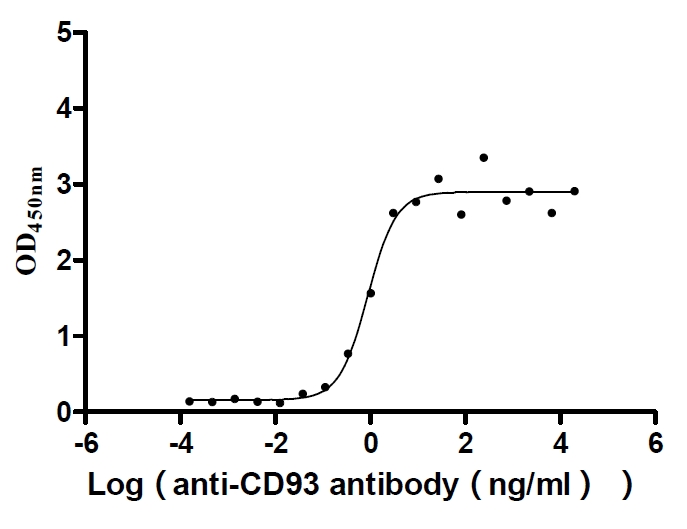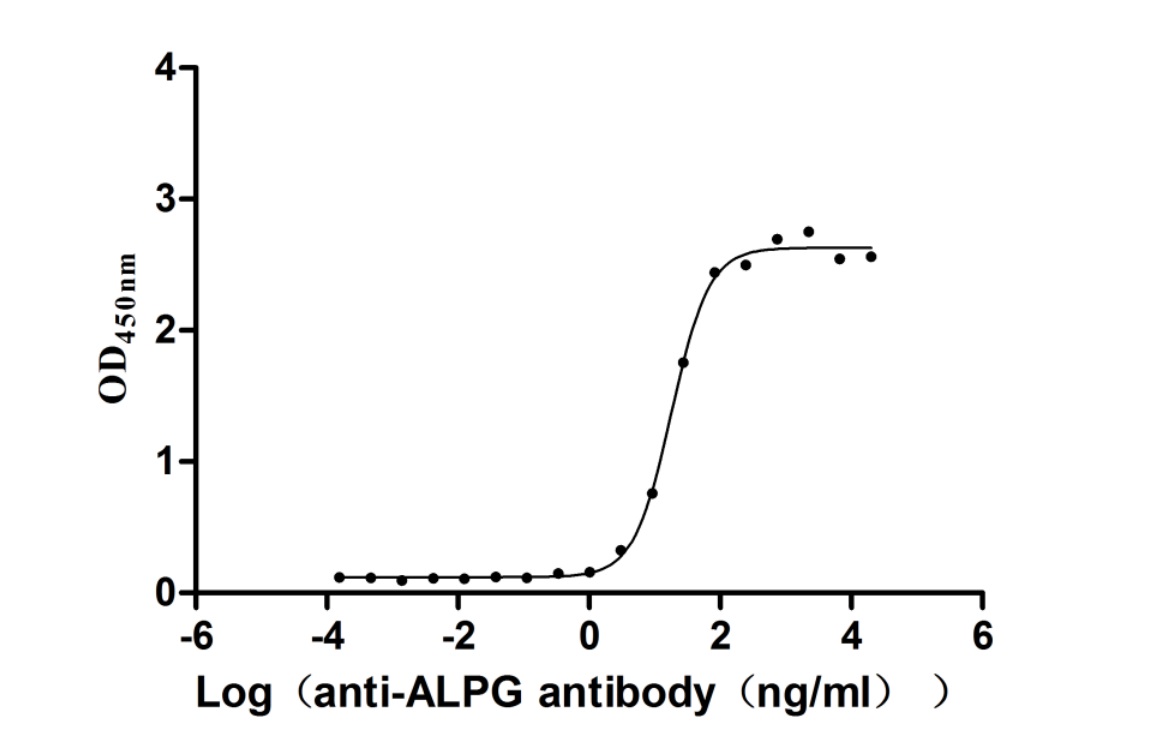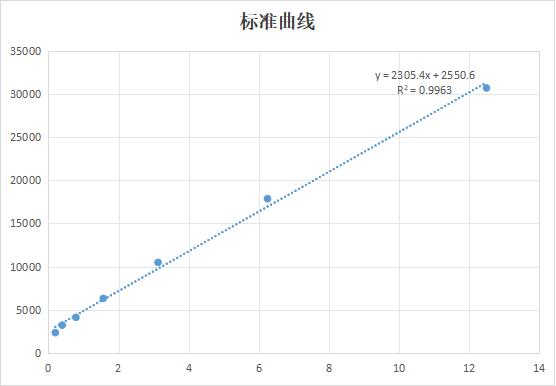Recombinant Human Anti-Muellerian hormone type-2 receptor (AMHR2), partial
-
货号:CSB-YP614985HU
-
规格:
-
来源:Yeast
-
其他:
-
货号:CSB-EP614985HU
-
规格:
-
来源:E.coli
-
其他:
-
货号:CSB-EP614985HU-B
-
规格:
-
来源:E.coli
-
共轭:Avi-tag Biotinylated
E. coli biotin ligase (BirA) is highly specific in covalently attaching biotin to the 15 amino acid AviTag peptide. This recombinant protein was biotinylated in vivo by AviTag-BirA technology, which method is BriA catalyzes amide linkage between the biotin and the specific lysine of the AviTag.
-
其他:
-
货号:CSB-BP614985HU
-
规格:
-
来源:Baculovirus
-
其他:
-
货号:CSB-MP614985HU
-
规格:
-
来源:Mammalian cell
-
其他:
产品详情
-
纯度:>85% (SDS-PAGE)
-
基因名:
-
Uniprot No.:
-
别名:AMH type II receptor; AMHR; AMHR2; AMHR2_HUMAN; Anti Mullerian hormone receptor; type II; Anti-Muellerian hormone type II receptor; Anti-Muellerian hormone type-2 receptor; MGC141312; MIS type II receptor; MISR2; MISRII; MRII; Muellerian hormone type 2 receptor; Muellerian hormone type II receptor; Muellerian inhibiting substance type II receptor; Mullerian hormone receptor type II; Mullerian inhibiting substance type II receptor
-
种属:Homo sapiens (Human)
-
蛋白长度:Partial
-
蛋白标签:Tag type will be determined during the manufacturing process.
The tag type will be determined during production process. If you have specified tag type, please tell us and we will develop the specified tag preferentially. -
产品提供形式:Lyophilized powder
Note: We will preferentially ship the format that we have in stock, however, if you have any special requirement for the format, please remark your requirement when placing the order, we will prepare according to your demand. -
复溶:We recommend that this vial be briefly centrifuged prior to opening to bring the contents to the bottom. Please reconstitute protein in deionized sterile water to a concentration of 0.1-1.0 mg/mL.We recommend to add 5-50% of glycerol (final concentration) and aliquot for long-term storage at -20℃/-80℃. Our default final concentration of glycerol is 50%. Customers could use it as reference.
-
储存条件:Store at -20°C/-80°C upon receipt, aliquoting is necessary for mutiple use. Avoid repeated freeze-thaw cycles.
-
保质期:The shelf life is related to many factors, storage state, buffer ingredients, storage temperature and the stability of the protein itself.
Generally, the shelf life of liquid form is 6 months at -20°C/-80°C. The shelf life of lyophilized form is 12 months at -20°C/-80°C. -
货期:Delivery time may differ from different purchasing way or location, please kindly consult your local distributors for specific delivery time.Note: All of our proteins are default shipped with normal blue ice packs, if you request to ship with dry ice, please communicate with us in advance and extra fees will be charged.
-
注意事项:Repeated freezing and thawing is not recommended. Store working aliquots at 4°C for up to one week.
-
Datasheet :Please contact us to get it.
相关产品
靶点详情
-
功能:On ligand binding, forms a receptor complex consisting of two type II and two type I transmembrane serine/threonine kinases. Type II receptors phosphorylate and activate type I receptors which autophosphorylate, then bind and activate SMAD transcriptional regulators. Receptor for anti-Muellerian hormone.
-
基因功能参考文献:
- AMHR2 single nucleotide polymorphism is not associated with Endometriosis-associated infertility. PMID: 28831646
- AMHRII 1749C > T and -482A > G genetic variants are associated with the ovarian response to standard gonadotropin stimulation, affecting mainly the follicular growth in IVF. PMID: 26933946
- a result of VEGF misregulation, AMHR2 overexpression increases AMH binding, which may attenuate follicular or oocyte maturation. PMID: 27109000
- -482A > G genotype not associated with estradiol levels, ovarian parameters, menstrual cycle length, or pregnancy outcomes in healthy Singapore women PMID: 26633196
- A significant subset of GnRH neurons express the AMH receptor. PMID: 26753790
- A significant portion of AMHRII was missing most of its extracellular domain (ECD) and was unfolded and retained in the endoplasmic reticulum. PMID: 25663701
- study demonstrated for the first time that human placenta and fetal membranes express and co-localize Anti-Mullerian hormone(AMH) and Anti-Mullerian hormone Receptor II PMID: 25972076
- AMHR2 rs11170555 and rs3741664 were positively associated with AMH, estradiol and FSH levels. PMID: 25790842
- Data indicate that Muellerian inhibiting substance type II receptor (MISRII) is a promising target for the control of ovarian granulosa cell tumors (GCT) and epithelial ovarian cancers (EOC). PMID: 25517316
- The possible involvement of AMHRII -482 A>G polymorphism on the malfunction of follicular development in Japanese women. PMID: 24271023
- Antimullerian hormone receptor expression is increased in endometrium from patients with endometriosis. PMID: 24613539
- Within primary ovarian insufficiency population, the AMH Ile(49)Ser and the AMHR2 -482A>G polymorphisms were not associated with age at the time of POI and PMID: 24146295
- The role of the AMHR2 -482 A>G gene polymorphism in the pathogenesis of polycystic ovary syndrome was suggested by the association of the variant with risk. PMID: 23969185
- likely molecular etiology was found in eight patients with persistent Mullerian duct syndrome. Four mutations in AMH and two in AMHR2 were identified. Three of them are novel mutations, c.556-2A>G, and p.Arg502Leu in AMH; and p.Gly323Ser in AMHR2. PMID: 23295284
- Data suggest that up-regulation of AMHR2 and AMH expression in luteal granulosa cells of anovulatory women with polycystic ovary syndrome is due to rising levels of luteinizing hormone (LH) and/or reversal of down-regulation by LH. PMID: 23321213
- The Mullerian inhibiting substance type 2 receptor suppresses tumorigenesis in testes with sustained beta-catenin signaling. PMID: 22962306
- the diversity of clinical symptoms within sibship and lack of correlation between development of Mullerian derivatives and severity of molecular defects suggest highly variable penetrance of abnormal alleles PMID: 22584735
- Association studies of common variants of AMHRII suggests that antimullerian hormone may regulate the primordial graafian follicle recruitment. PMID: 20362961
- Review. The role of AMHR2 in gonadal development and its mutation in the persistent Mullerian duct syndrome is discussed. PMID: 12462075
- binding domains recognized by a monoclonal antibody and the natural ligand PMID: 14750901
- The observed association of the AMHR2 -482 A > G polymorphism with natural age at menopause suggests a role for AMH signaling in the usage of the primordial follicle pool in women. PMID: 17636279
- MISIIR is highly expressed by a wide variety of gynecologic cancers, including cancers currently without effective systemic therapies. PMID: 17988723
- Reduced AMH receptor type 2 is associated with Leydig cell tumours in multiple endocrine neoplasia type 1 PMID: 18310289
- Non-epithelial malignant ovarian tumors showed stronger expression of anti-Mullerian hormone receptor type II than that of epithelial tumors. PMID: 19424576
- Mutations of AMHR2 found in persistent Mullerian duct syndrome affect its ligand binding and cellular transport. PMID: 19457927
- interacts with Mullerian inhibiting substance: an instructive developmental hormone with diagnostic and possible therapeutic applications. PMID: 11588147
收起更多
-
相关疾病:Persistent Muellerian duct syndrome 2 (PMDS2)
-
亚细胞定位:Membrane; Single-pass type I membrane protein.
-
蛋白家族:Protein kinase superfamily, TKL Ser/Thr protein kinase family, TGFB receptor subfamily
-
数据库链接:
HGNC: 465
OMIM: 261550
KEGG: hsa:269
STRING: 9606.ENSP00000257863
UniGene: Hs.659889


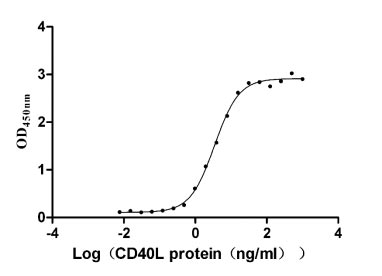
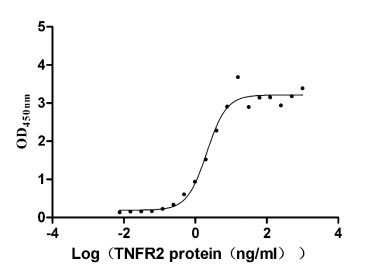
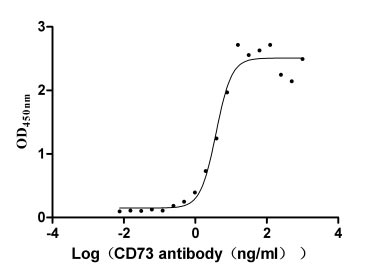
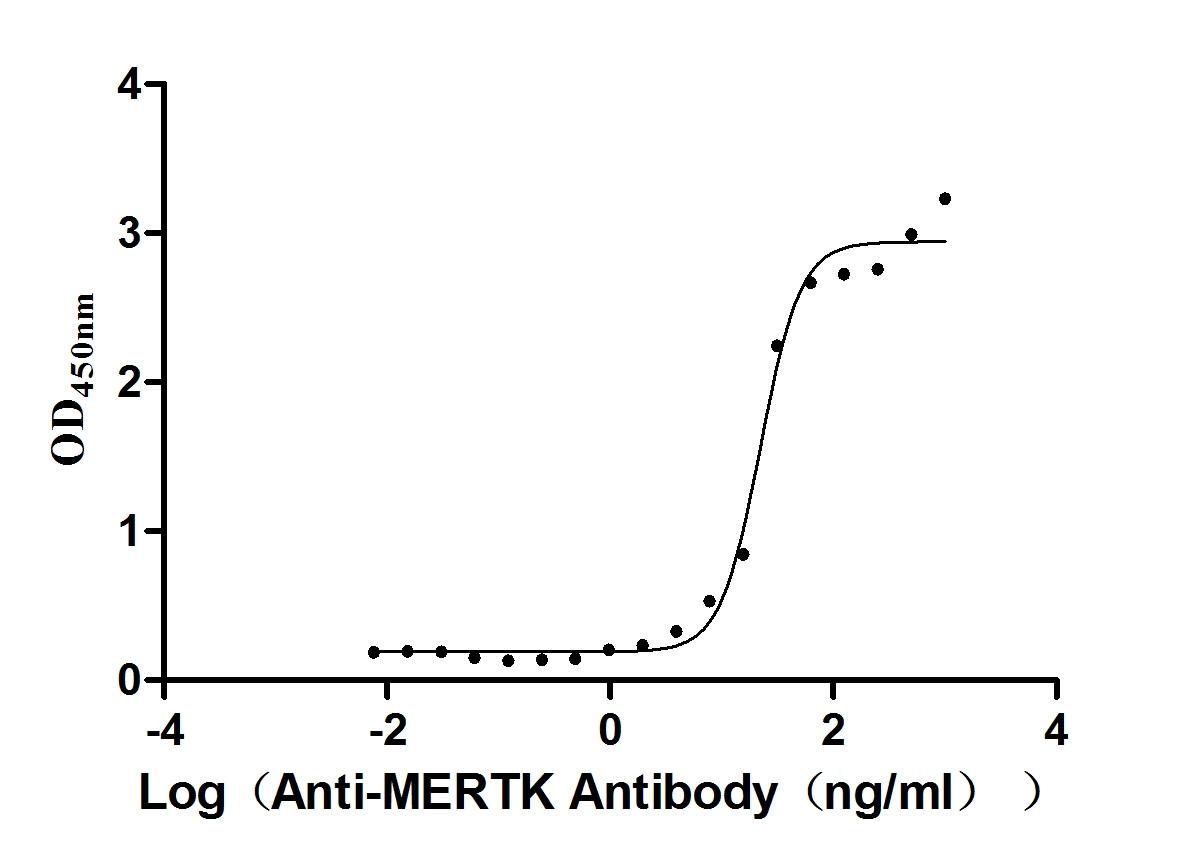
-AC1.jpg)
